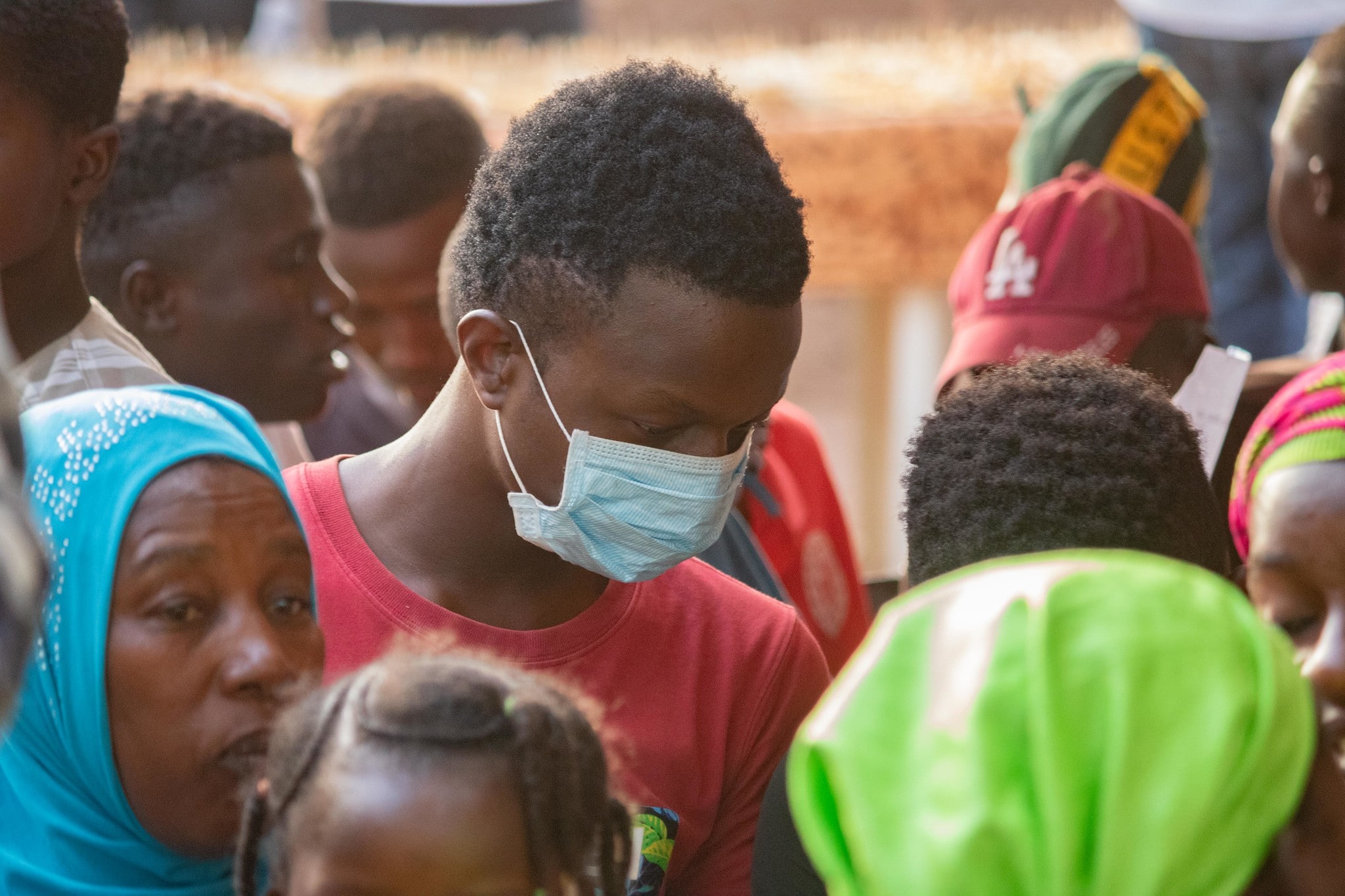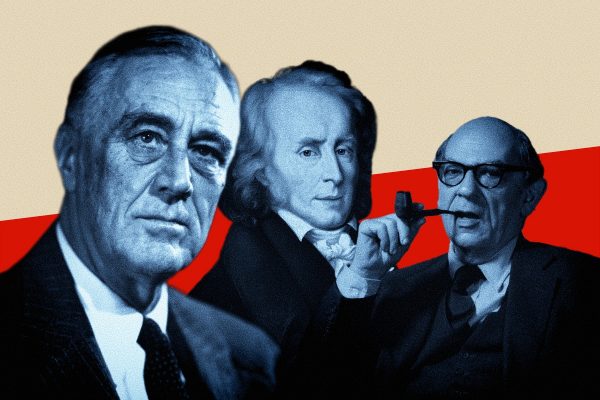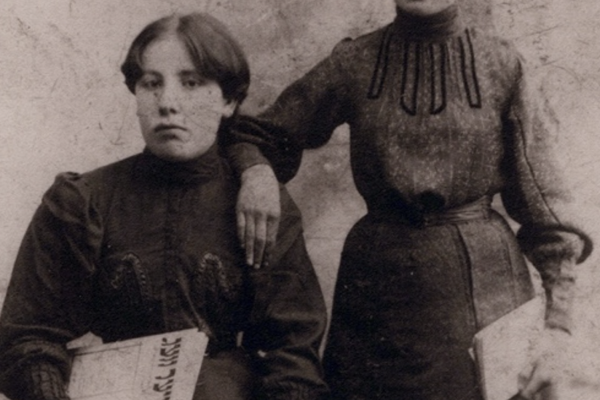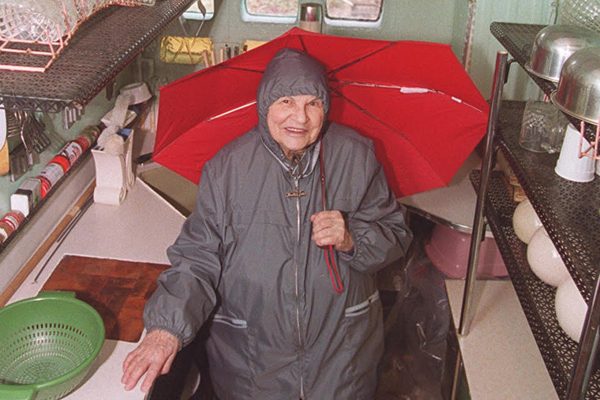In February 1866 the third International Sanitary Conference—an early forerunner of the World Health Organization (WHO)—convened in Constantinople at the request of the French government, bringing together representatives from more than a dozen states and empires. The pressing concern was cholera. The year before, an outbreak in Mecca had spread first into Egypt and then into Europe through Mediterranean ports. Concerned that Muslim pilgrims on hajj to Mecca might carry the disease into Egypt once again if they could return by sea, the French delegation proposed suspending all maritime traffic into and out of Arabian ports. In effect, pilgrims who did not wish to remain in Mecca would be condemned to a perilous journey across the Arabian desert and most likely death from disease or dehydration.
As historian Valeska Huber has explained, the measure was met with massive protest from Muslim delegates, who claimed that no such policy would be entertained if it were to be forced instead upon European populations. Requisite supplies, food, and water could not possibly be distributed to tens of thousands of deserted travelers or to villagers along the coast, they pointed out: famine would be inevitable. Nor would a ban on maritime travel ensure that cholera did not spread into Egypt by land. The proposal, in short, meant risking the lives of tens of thousands of Muslims in a spurious effort to protect European lives and economic interests. Recognizing the immense loss of life at stake, chief Ottoman delegate Salih Efendi warned that “towns of living sentient beings would soon be transformed into necropoli.” Despite this and other stirring objections, the measure passed. Mercifully, there was no cholera epidemic in Mecca that year, and sea travel was not suspended.
This forgotten scene from the history of medicine reverberates into the present. As the COVID-19 pandemic has made clear—both in the United States and abroad—too often our public health rationalities seek to protect some while letting others die. On this score, Sheila Jasanoff rightly calls our attention to the importance of humility in our predictive approaches and the troubling pitfalls of the world of pandemic preparedness. As Andrew Lakoff and other scholars of biosecurity have argued, the assessment of pandemic risk and the practices of infection control are fraught with contestable forms of calculation and value judgment. Jasanoff highlights the perverse chauvinism that emerges from too confidently acting upon such imperfect knowledge. I would add that these failings are not generic errors of rationality or technological hubris: they are rooted in a distinctively Western vision of a history of self-styled superiority to the rest of the world, especially when it comes to disease. To combat the casual cruelty to which this conceit gives rise, humanism must be a central component of the humility Jasanoff argues for—the understanding that the lives of others are as important and meaningful as our own. Failing to reckon with these legacies will only ensure the further creation of necropoli at home and abroad.
This forum is featured in Uncertainty.
As Jasanoff notes, health security experts have frequently expressed concern over the expansion of global trade and travel. This fear is far from a recent preoccupation, and it has often carried connotations of the contagious other. In 1892 noted physician and early epidemiologist Adrien Proust—father of the novelist and hypochondriac Marcel—suggested in La Défense de l’Europe Contre Le Choléra that the rising colonization of Africa would aggravate the danger of the spread of disease to Europe, exacerbating the threat of cholera arriving from the east. The International Sanitary Conventions of the later nineteenth and early twentieth centuries, the early International Sanitary Regulations produced under the WHO, and the legally binding International Health Regulations of today all bear the same prime directive, not one of equitable health protection for all but rather “to prevent, protect against, control and provide a public health response to the international spread of disease in ways that are commensurate with and restricted to public health risks, and which avoid unnecessary interference with international traffic and trade.”
In 1951, when the first regulations under the WHO were being debated, the specter of increased travel, in particular from jungle areas to other lands, projected a threat of yellow fever spread to spaces like the countries around the Indian Ocean but also North America and Europe. In 1988, after the largely triumphal twentieth-century vision of a West free from infectious disease was dashed by the devastating emergence of HIV/AIDS, Nobel-winning microbiologist Joshua Lederberg—one of the architects of a paradigm-shifting Institute of Medicine report on emerging infectious disease threats to the United States—wrote:
The increasing density of human habitations as well as inventions such as the subway and the jet airplane that mix populations all add to the risks of spread of infection. . . . No matter how selfish our motives, we can no longer be indifferent to the suffering of others. The microbe that felled one child in a distant continent yesterday can reach yours today and seed a global pandemic tomorrow.
The logic of this appeal is telling. Its ethical force is tempered by an accommodation to self-interest: we must care about the dying child of a distant land not because her suffering is intrinsically objectionable, but because the diseases of elsewhere can easily become our own.
Jasanoff is right to note how a regime of “preparedness” has ironically produced a world of acute, rapidly accelerating crises. But we too often ignore the ways this logic is linked to a pernicious way of viewing the rest of the world as a reservoir of threatening contagion. At the same time, we elevate the protection of Western interests above others. The result is not a world unified in confronting illnesses all too capable of crossing national borders, but rather one in which the needs of the Western world are always put first.
Justifications for this regime are too often based on the supposed greater rationality and modernity of Western societies. In 2001 the chief of the U.S. Agency for International Development justified the withholding of antiretroviral therapy to Africa on the false supposition that sufficient infrastructure did not exist to refrigerate medications and that Africans “do not know what watches and clocks are,” thus making routine drug taking impossible. The slowness to deliver lifesaving drugs worldwide sacrificed lives elsewhere for profit.
We are witnessing the same pattern today. Two months ago, several public health actors and committed health advocates—many of whom, such as Gregg Gonsalves and Peter Staley, have committed their lives to health care access and advocacy—protested Pfizer’s and especially Moderna’s refusal to license their mRNA technology to vaccine manufacturers in low- and middle-income countries. The protesters brought along a twelve-foot-high sculpture of a pile of bones—a visual representation of the necropoli we build when we elevate our own humanity above that of others.








